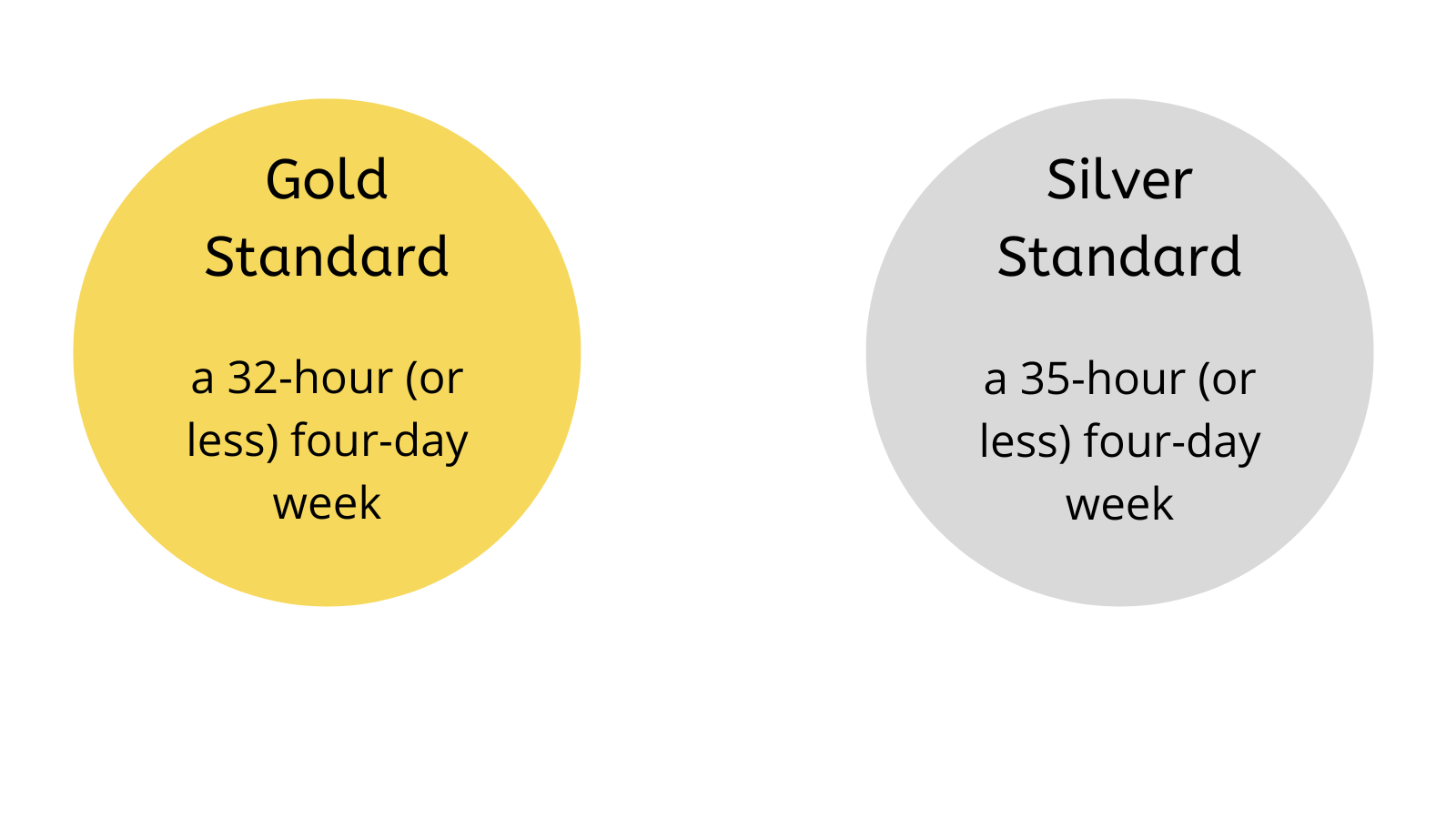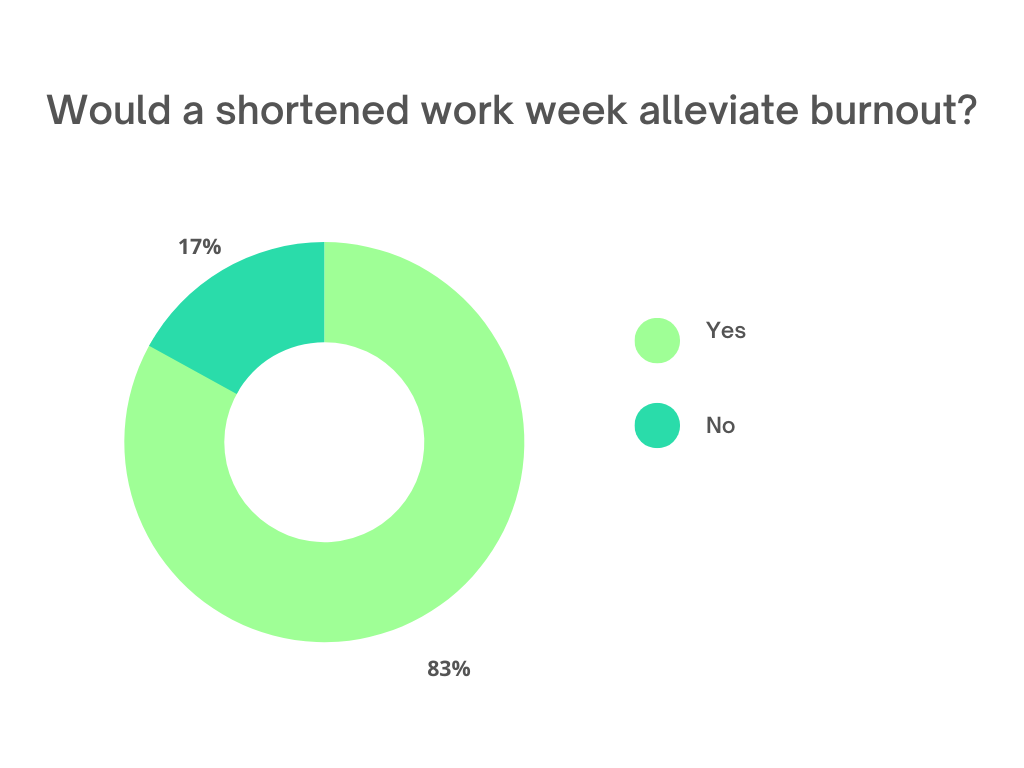
Is A 4-Day Work Week The Future Of Employment?
August 03, 2022

The UK launched a 4-day work week pilot program on 6 June 2022, to run for six months. Participating businesses offer their employees two options, both of which include a reduction of hours without loss of pay:
There has been an increasing push for the implementation of a four-day work week. The proponents of this policy argue that it would lead to increased productivity and less stress. Critics, however, are concerned about its potential negative effects on the economy.
This system is already in place in countries such as Sweden and New Zealand, where it is considered a success.
Below we look at how a shortened working week could impact businesses, the effect on productivity and employee wellbeing, with statistics for each point.
How would a 4-day work week impact businesses? Key stats
The idea of a four-day work week is gaining traction as a way to reduce stress, increase productivity, and improve work-life balance. But would it benefit businesses?
Opponents of the shorter work week say that it is not fair for companies that already have shortened hours on Fridays or that are closed on Fridays altogether.
There could also be scheduling issues, since many businesses operate on a Monday to Friday schedule. 82% of businesses are hesitant to fully commit to a four-day work week, as they believe that it will have a negative impact on their availability to customers.
One potential benefit for businesses is that they would save on operating costs like electricity, water, and gas. They would also save on wear and tear on their equipment, because employees would be working fewer hours.
Additionally, this could help businesses to recruit the best employees. Almost two-thirds (63%) of employers believe they would be more attractive to new employees with a four-day work week.
Employees like the idea of having three days off instead of two. Ladders found that 70% of its surveyed job candidates would prefer to work four days instead of five if they receive the same salary.
Would employees be more productive? Key stats
There is much talk about the 4-day work week as a way to improve employee productivity. Some people believe that if employees had fewer days at work, they would be more productive.
Others believe that it would just mean that employees would be working longer hours each day. There is no definitive answer, but there are some pros and cons to consider.
On the plus side, a 4-day work week could lead to less burnout and fatigue. A survey of over 1,00 US employees showed that 83% of respondents experiencing burnout believe that a shorter work week could help to alleviate this.
While critics argue that getting all the work done in four days can be difficult, Microsoft Japan reported a boost in productivity of 40%, after its four-day work week trial.
Would employees’ quality of life be better? Key stats
While some employers and employees are resistant to change, there are many reasons why a 4-day work week would be beneficial for everyone involved.
Employees would have more time for family, personal interests, and other activities outside of work. Working fewer hours would result in less stress and improved mental health.
Without the pressure of working long hours and commuting five days a week, employees will be more relaxed, and as a result, more able to think creatively.
Another benefit of this change in our work schedules is cleaner air. As employees spend less time commuting, this would lead to less pollution and reduced traffic congestion.
A study conducted by Platform London found that moving to a four-day work week by 2025 would reduce the UK's emissions by 127 million tons, a decrease of more than 20%.
After implementing a 4-day work week, Perpetual Guardian reported a decline in work-related stress from 45% to 38% and an increase in employees' commitment to their employer from 68% to 88%.
It seems that in many cases, a 4-day work week would lead to happier employees and a more efficient workplace. But it would ultimately depend on the company and the employees' preferences.
Boost your hiring power.
Start using Neuroworx today.
Talk is cheap. We offer a 7-day free trial so you can see our platform for yourselves.
Try for free




